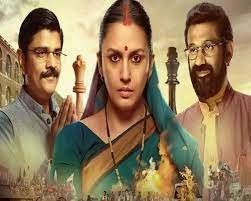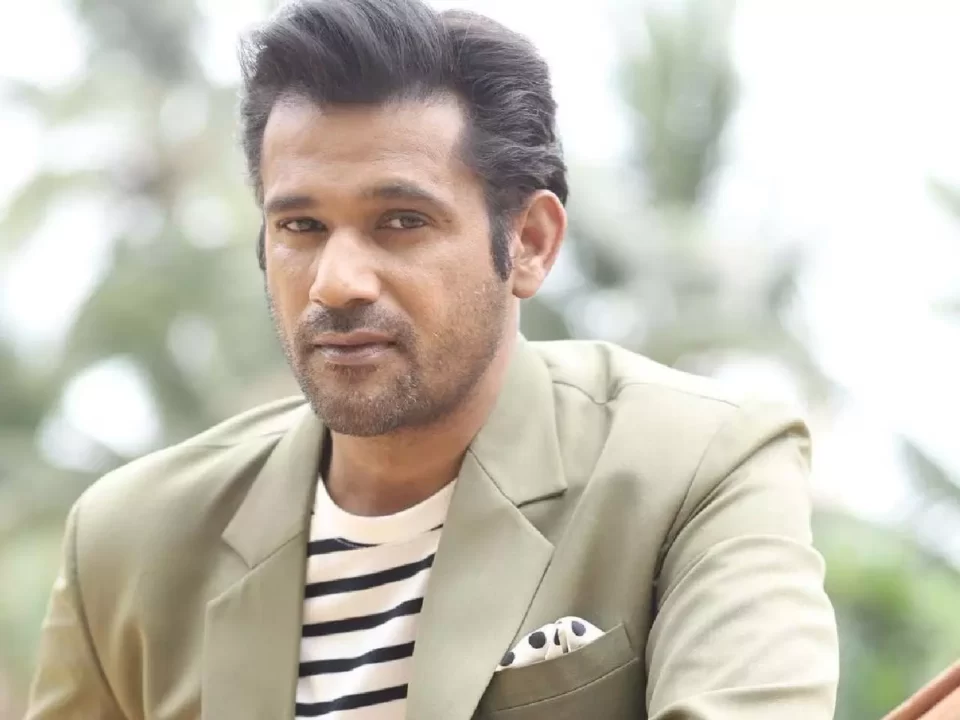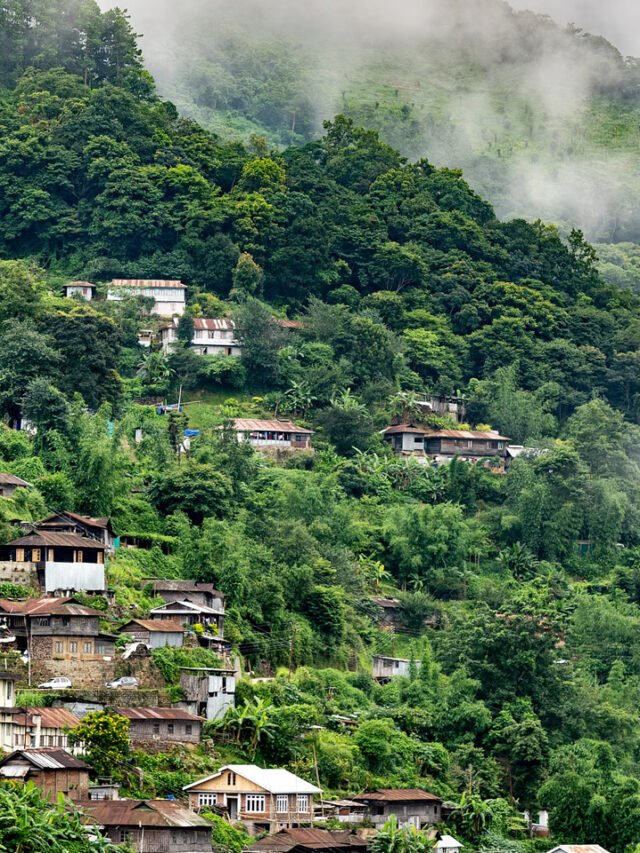New Delhi, March 7: Writer Saurabh Bhave, who has made his series directorial debut with the third season of “Maharani 3”, says the biggest challenge in directing the Bihar-set political drama was to live up to audiences’ expectations.
The series, starring Huma Qureshi as an accidental chief minister who has to fight political rivals, her own husband, caste and gender dynamics to stay in power, is currently streaming on Sony LIV. In the new season, Qureshi’s Rani Bharti is in jail for three years while her political rival, Navin (Amit Sial) is the chief minister.
“The biggest challenge was to live to up to expectations because previous seasons were so successful. It’s the second most watched series on Sony platform,” Bhave told PTI in an interview.
The filmmaker admitted that he was nervous when the project came to him initially but show creator and writer Subhash Kapoor held his hand throughout.
“Primarily it was ‘How am I going to live to the success of its first two seasons’. But we had a great team so I was pretty confident about it and Subhash sir gave me a free hand to express,” he added.
Bhave, who has directed Marathi film “Bonus” and has written films such as “Hapus”, “Hrudayantar”, “Unaad” and “Surajya”, said the third season was shot in different locations and on a bigger scale.
“Entire purpose behind it was to have more interesting locations than previous ones. We have added Chanderi, we have shot extensively in Jammu, we shot in Kashmir. We add more flavour to it. We completely changed the look, the technical aspects and other details to make it different from the seasons before.
“We have very distinct worlds — the first one is of Navin. He is enjoying his CM shift for the last three years now and Rani has been in jail for three years. So you have two characters poles apart right now. One is caged, one is free so how to design both their worlds specifically,” he said.
Having worked on both films and now a series, Bhave said working on a series is more time consuming compared to movies where one has to deal with one plot.
“You can grasp an entire story of one film in your mind at one particular time. For example, you know exactly what the beginning is, what the start is, you know exactly where it is going to end and you have limited subplots. In a series, there are too many subplots, too many tracks. You know there there is a possibility of another season so you do not have a very particular end like you have in movies,” he said.
The story of “Maharani” may be fictional but certain elements in the story have been taken from events that have actually happened.
“Season one itself was a great blend of what is happening around, what we read, what has happened to the past and the politics, not just of Bihar, but in the country. The first season made people think of it as taken from real life instances but as it has progressed, it has become clear that it is the work of fiction,” he further added.
Praising his lead actors, Bhave said they both were dedicated and quick to grasp character nuances.
“What struck the most, especially about Huma, was how she made that character her own. When the first two seasons were shot, I was not involved. I watched both the seasons just as an audience. I am so surprised by the fact that she is not from a rural part of India, not from Bihar. She picked the language, those mannerism so well and off camera she is again Huma Qureshi. It was lovely to work with both of them.”












